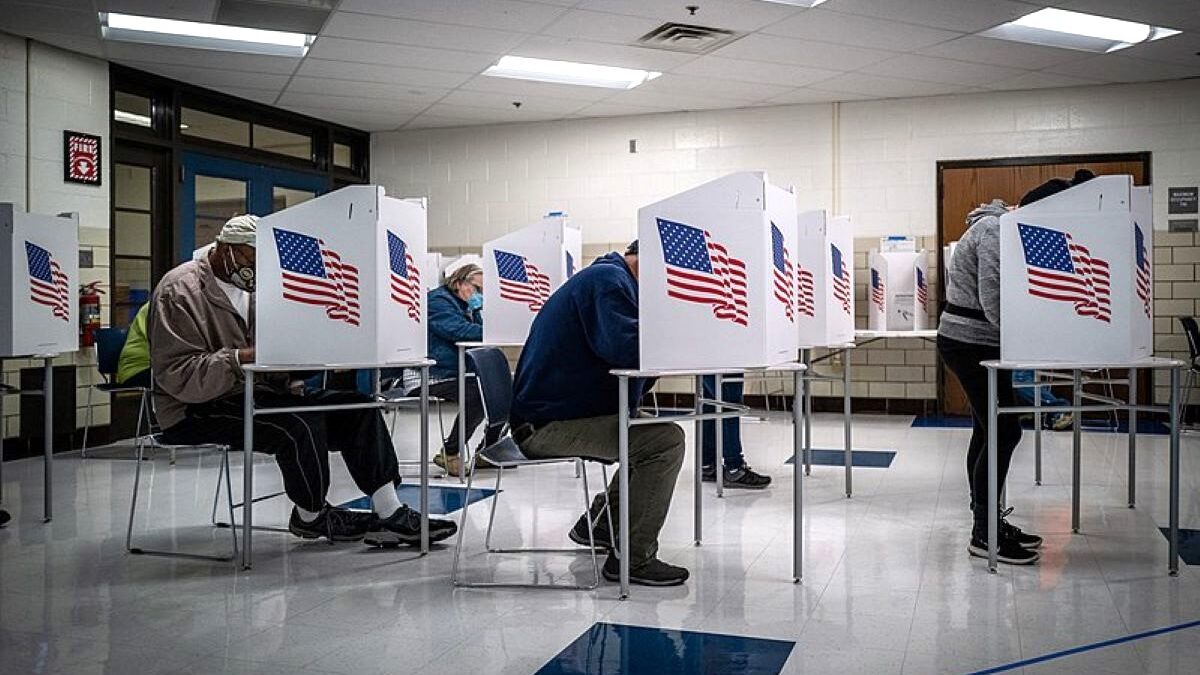
Minnesota is seeking to become the third state in the nation to employ ranked-choice voting (RCV) for state and federal elections, following in the steps of Alaska and Maine.
While five cities in the Gopher state already use RCV for municipal elections — Minneapolis, Saint Paul, Bloomington, Saint Louis Park, and Minnetonka — Minnesota state Sen. Kelly Morrison has introduced a bill that would require RCV for all state and federal elections. The bill is currently in committee, and it has a companion in the Minnesota House waiting for a hearing.
RCV requires voters to rank candidates in order of preference. If no candidate receives 50 percent of the vote, the candidate with the least votes is eliminated, and his votes are redistributed to whichever candidate his voters ranked as their second choice. This process continues until one candidate clears 50 percent.
As one might imagine, this process often is riddled with errors. Not only can election results take weeks or even months to tabulate, but sometimes the wrong candidate wins. In an Oakland school board race, for example, election officials announced — two months after the fact — that they got the count wrong. The rightful winner is now suing for his seat.
Proponents of RCV argue that it rewards moderate, centrist politicians, as candidates have to appeal to a wider pool of constituents to earn their 2nd or 3rd rankings. What this really means, as a local Minnesotan paper describes, is that Republicans are pushed out for Democrats.
When Maine adopted RCV in 2018, GOP incumbent Bruce Poliquin lost his congressional seat to a Democrat in the second round of RCV, despite winning a plurality of votes in the first round. In Alaska last November, Democrat Mary Peltola won its lone congressional seat despite 60 percent of Alaska residents voting for a Republican.
RCV is also how moderate Republican Sen. Lisa Murkowski won her primary against Trump-backed challenger Kelly Tshibaka. If not for RCV, it’s likely Murkowski would have lost to Tshibaka. As previously reported by The Federalist, partisan Democratic activists — and even some moderate Republicans — are lobbying for states to switch to RCV to push out insurgent candidates who enjoy majority support for establishment-backed contenders who couldn’t win in a plurality system.
“There is a nationwide push to legitimize ranked-choice voting and bring it into general elections across the country,” Jason Snead, executive director of the Honest Elections Project, told The Federalist. “And the advocates for this which either hail from or are supported by the left are looking for any opportunity to do that in ‘bipartisan’ fashion. So I’m not a fan of changing election systems to strengthen or weaken the hands of particular demographics in society.”
While states such as Minnesota, Utah, Illinois, Nevada, and Connecticut are all considering switching to RCV, some states want to ban it. As previously reported by The Federalist, Montana, South Dakota, North Dakota, and Idaho are considering legislation that would ban RCV from being adopted in their states.








